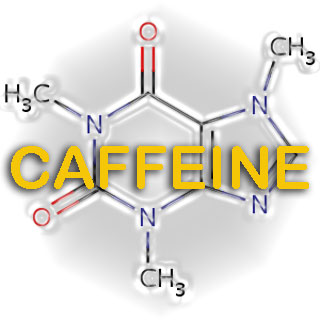Although caffeine has been found to be a solution in many health issues, sceintists now warn the energy drinks producers to label the energy drinks that inform about the caffeine doses in the drinks.

“The caffeine content of energy drinks varies over a 10-fold range, with some containing the equivalent of 14 cans of Coca-Cola, yet the caffeine amounts are often unlabeled and few include warnings about the potential health risks of caffeine intoxication,†says Roland Griffiths, Ph.D., one of the authors of the article.
“It’s like drinking a serving of an alcoholic beverage and not knowing if its beer or scotch,†says Griffiths. So whether it is less or more, there has to be proper label as per scientists.
As per the Diagnostic and Statistical Manual of Mental Disorders and the World Health Organization’s International Classification of Diseases, the caffeine intoxication causes the nervousness, anxiety, restlessness, insomnia, gastrointestinal upset, tremors, rapid heartbeats (tachycardia), psychomotor agitation (restlessness and pacing) and in rare cases which are its symptoms.
It seems that a regular 12 ounce of cola drink has about 35 milligrams of caffeine; a 6-ounce cup of brewed coffee has 80 to 150 milligrams of caffeine. The drinks marketed as dietary supplements carry caffeine ranging from 50 to 500 milligrams and since they are the energy drinks, the FDA regulation of having 71 milligrams per 12-ounce can does not work.
Therefore, according to Griffiths, warning labels on the drinks that promote themselves as performance enhancers and stimulants will avoid abuse to the health via stimulants.
